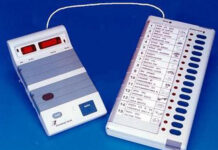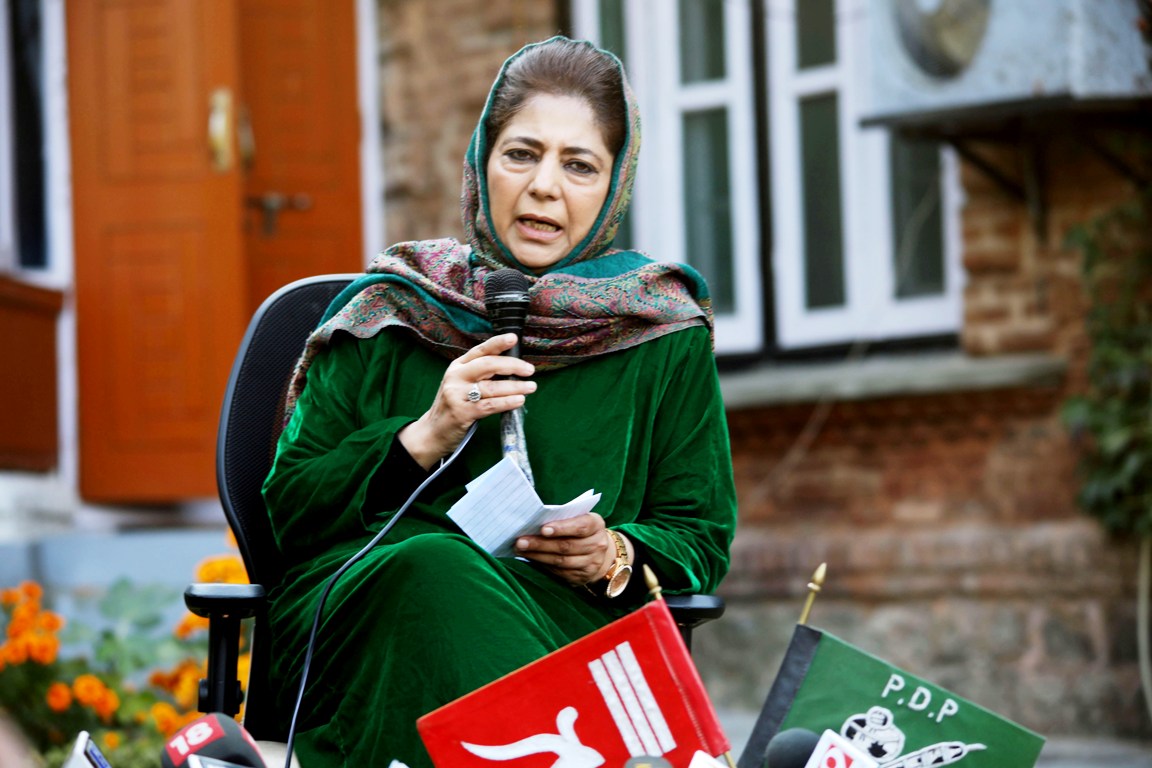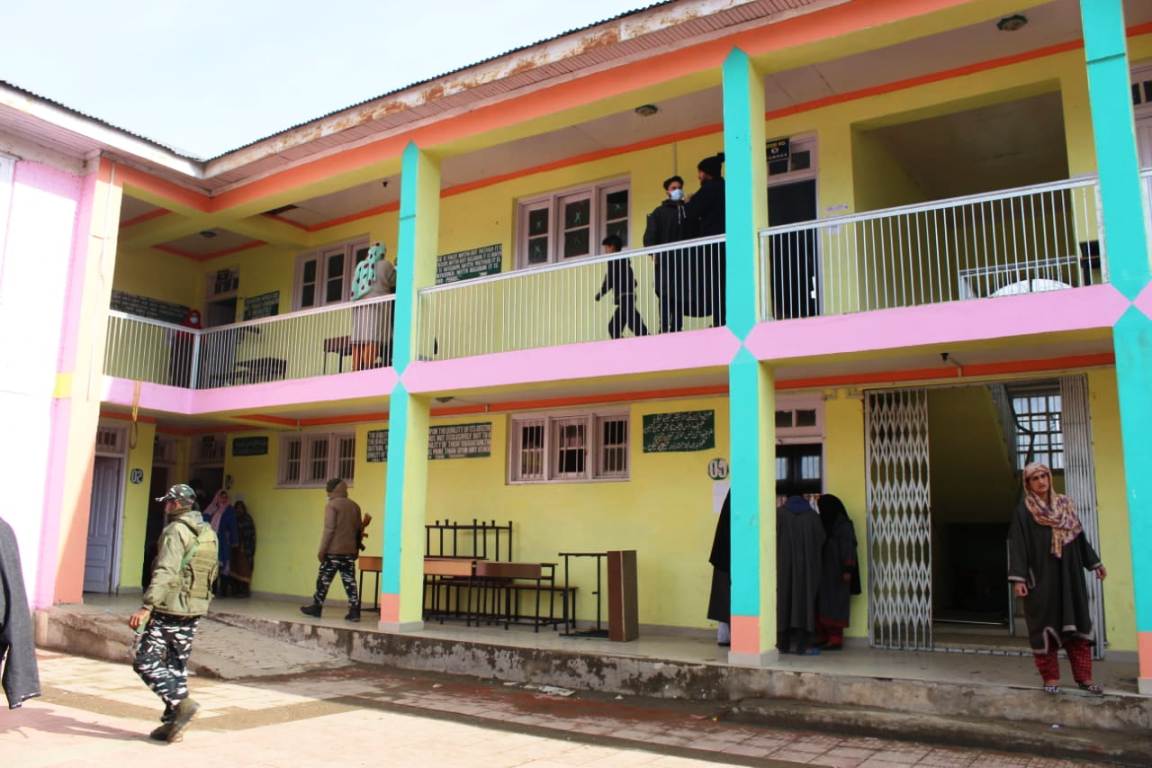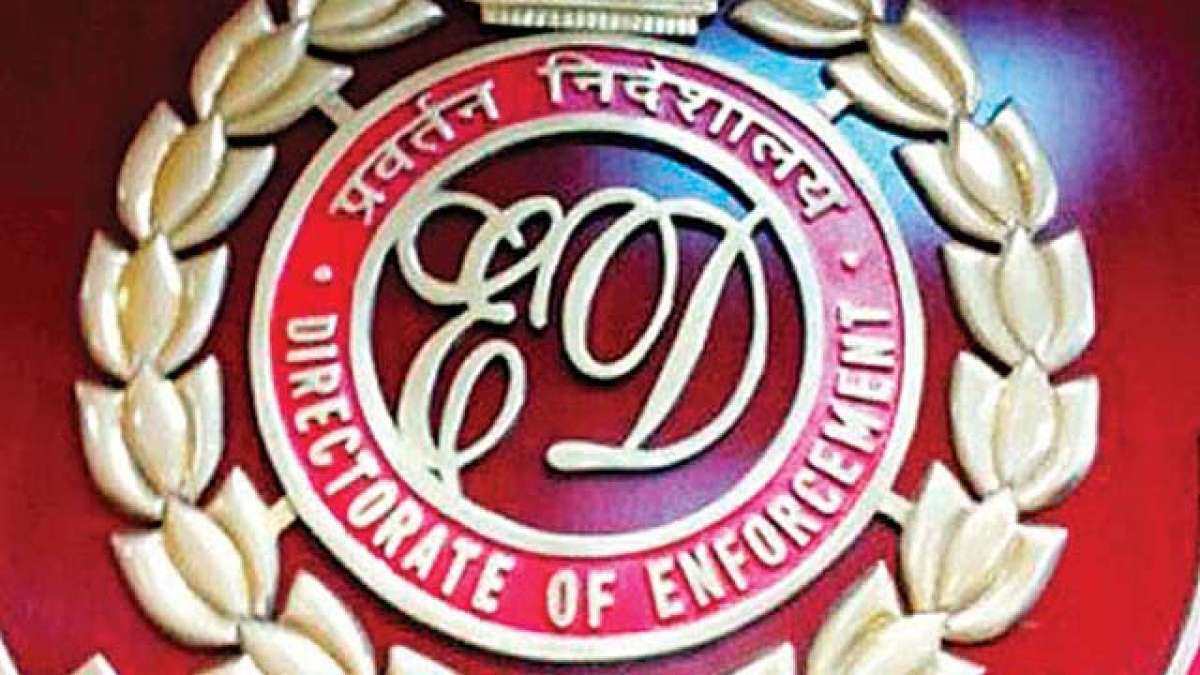KL Report
Srinagar
Human rights watchdog, Amnesty International, AI has asked the government of Jammu and Kashmir to suspend the use of ‘Pepper Gas’ against the protesters. “In view of the recent deaths and harmful effects on bystanders, AI calls for security forces to suspend the use of “pepper gas” in Jammu and Kashmir and revert to previously tested and less potentially harmful methods of crowd dispersal until rigorous independent investgations can be conducted to assess its effects on the public.” A statement from AI said Thursday.
Amnesty International has also called on the Government of Jammu and Kashmir to conduct a prompt, thorough, independent and impartial investigation into the three deaths that were allegedly caused by the use of pepper gas.
“On 8 March, a 60-year old woman living in Srinagar died after a stray pepper spray grenade landed in her house from outside and detonated, engulfing her home in fumes,” the statement added. It said that two others, Muhammad Yusuf Sofi, 40, Abdul Rashid Sheikh, 60, also died allegedly from exposure to the pepper gas.
“All three were residents of Srinagar, and died in separate incidents where pepper spray grenades were used by law enforcement. All three individuals suffered from pulmonary diseases such as chronic asthma, which were exacerbated by prolonged exposure to the pepper spray, say doctors quoted in local media reports.” The statement said.
It further said that the local journalists and doctors spoke with AI saying that people who suffered from the effects of the pepper gas at times could not reach a hospital in a timely manner because of the 24-hour curfews that were in place confining people to their homes.
“AI stresses that these deaths underscore that police at all times must exercise restraint at all times in the use of such “non-lethal” weapons, minimize damage and injury, and ensure that assistance and medical aid are rendered to injured or affected persons at the earliest possible moment,” The statement elaborated.
Pepper spray grenades were incorporated into the arsenal of “non-lethal” weaponry used to maintain law and order and disperse large crowds in J&K after a five-month street protest in 2010.
Law enforcement in Jammu and Kashmir has been using pepper spray, or pepper “gas,” in combination with tear gas or alone, to disperse protestors in multiple districts in J&K for the past month, since the execution of Afzal Guru in Delhi.
Guru’s hanging sparked mass protests due to the secrecy of his execution and the refusal of Indian government to return his remains to his family in Kashmir despite continued demands that Guru’s body be returned to Kashmir.
“According to local groups, doctors, and lawyers, the pepper gas affects bystanders and even people residing in homes nearby to where pepper gas is used. A private practioner in downtown Srinagar spoke to Amnesty International and said that he has treated more than 12 cases of children directly affected by pepper gas, and said that dozens more cases have been seen at the nearby government hospital.” AI statement said.
“The gas leaks into people’s homes, causing immediate symptoms such as severe irritation to the throat, lungs and skin that lasts for 1-2 hours, and often leads to complications in people with pre-existing conditions such as asthma,” said the AI statement quoting a private practitioner.
According to the AI statement a member of the State Human Rights Commission in J&K, said that the SHRC as well as many other civil society groups have demanded that security forces cease using the pepper “gas” altogether. The SHRC also issued a directive to the state government on March 12, to produce certificates of permission from the national government regarding the use of pepper gas. SHRC representatives said as of 20 March, they had received no response from the state government.
“There has been no evidence produced by the government, according to local groups, that says the use of pepper gas has been assessed and regulated according to international standards. Irritants that potentially cause harm, such as pepper gas, must be used in very limited and controlled quantities and situations. Their use should also be evaluated and monitored. Amnesty International campaigns for rigorous independent investigations to assess the risk to human rights of law enforcers using such devices and calls for such research to be open to public scrutiny.” The statement added.
“The J&K government and police departments have clearly not established any guidelines or monitoring on the use of this pepper gas. The use of it has been widespread and not subject to assessment,” said Shashikumar Velath, Programmes Director at Amnesty International India. “The use of pepper gas in these situations is yet another example of unregulated and excessive use of force by the police in J&K.”
Amnesty International calls on police officials to cease the general use of the pepper “gas” as a tool for dispersing large crowds, and for the government of Jammu and Kashmir to establish guidelines and procedures adhering to international standards as laid down by the Code of Conduct for Law Enforcement Officials and UN Basic Principles on the Use of Force and Firearms by Law Enforcement Officials.
These standards clearly state that the use of force in the dispersal of protests or public assemblies should where possible be avoided, and where any use of force is necessary it should be restricted to the absolute minimum required. The same principle applies to the use of “non-lethal” weapons such as tear gas or pepper gas and that the use of such weapons should again be limited to only what is “necessary and proportional” in the particular circumstances, given that these weapons can cause death or serious injury..
The AI statement said that India is bound to comply with international standards of conduct for law enforcement officials and the use of force even in exceptional circumstances including internal political instability, according to the Basic Principles on the Use of Force and Firearms.















